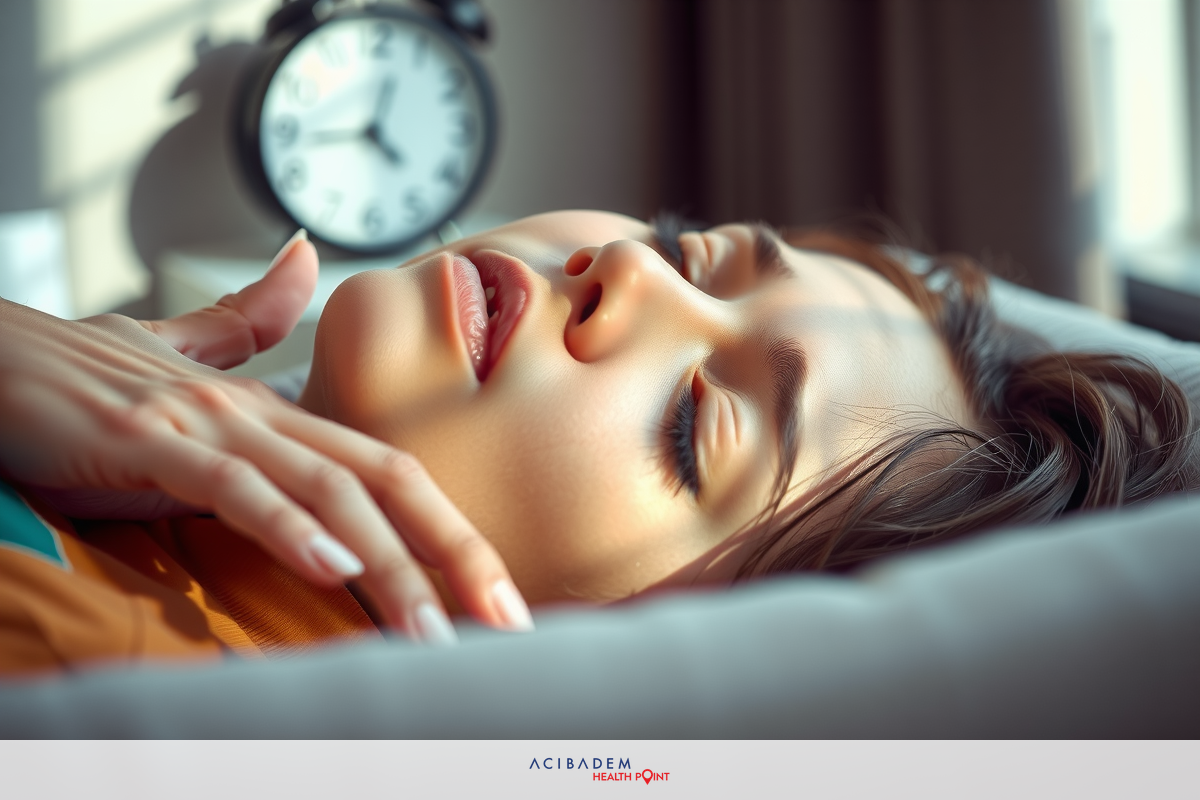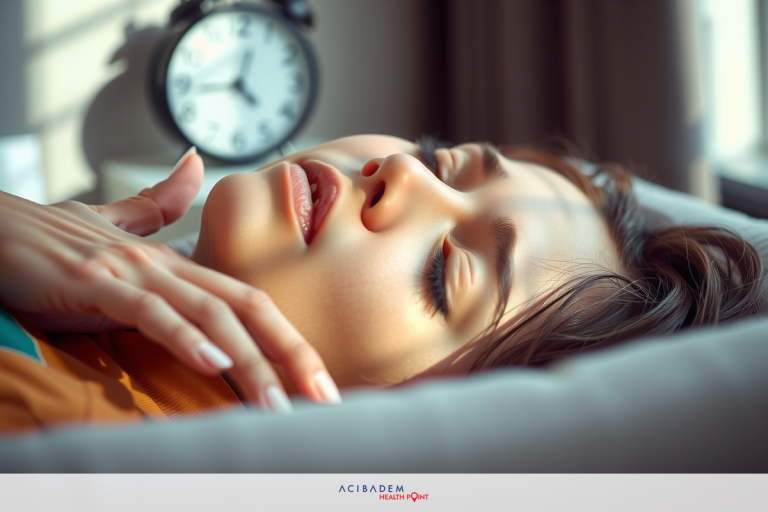Is it Normal for Eyes to Water After LASIK?
Is it Normal for Eyes to Water After LASIK? Eyes watering after LASIK surgery often raises concern among patients. This symptom, quite common in the immediate post-operative period, can be unsettling but is usually part of the normal healing process. The tear production system and delicate corneal nerves are temporarily affected by the procedure, leading to a protective response from your eyes – excessive tearing.
With each individual’s unique physiology playing its role, there are variations in how long these symptoms last. While some patients experience eye watering merely for a few days following surgery, others may notice this condition persisting over weeks. Coping strategies differ as well; what works effectively for one person might not have the same results for another.
Management of this condition requires patience and understanding about this particular recovery phase. Practical tips can make a difference in alleviating discomfort and hastening resolution of symptoms.
Is it Normal for Eyes to Water After LASIK? Causes of Eye Watering After LASIK
The human eye is a complex and delicate organ, capable of creating tears for lubrication and protection. Following LASIK surgery––a procedure known to disrupt this intricate balance temporarily––an increase in tear production or “eye watering” may occur. It’s important to recognize that this reaction isn’t necessarily abnormal but rather an expected response as your eyes adjust post-operatively.
During the healing phase after LASIK, several factors can contribute to increased eye watering. The first relates directly to the surgical process itself; specifically, how it alters corneal nerves. These sensory nerves play an integral role in controlling tear production. When disrupted during surgery, they may respond by signaling for more tears, resulting in watery eyes.
Dryness is another common cause of excessive tearing following LASIK procedures. While seemingly contradictory at first glance – why would dry eyes lead to watering? – the explanation lies within our body’s protective mechanisms against potential harm. Dryness irritates the ocular surface; consequently, our bodies react by producing extra tears in an attempt to soothe and rehydrate these surfaces.
Lastly, it’s worth mentioning that individual variations influence the experience of eye watering after LASIK significantly—a patient’s unique anatomy and their body’s specific response patterns dictate how they navigate through recovery.
Duration of Eye Watering After LASIK
One question that often arises post-LASIK surgery concerns the duration of eye watering. Patients understandably want to know how long this condition may persist, and when they can expect a return to normalcy. It’s essential to understand that the healing process following such an invasive procedure like LASIK is not merely linear but varies greatly depending on individual factors.
The timing and course of recovery from excessive tearing after LASIK are largely guided by personal physiology. Some patients report that their symptoms diminish significantly within a week or two after surgery, while others experience persistent eye watering for several weeks or even months. This discrepancy depends on numerous aspects including one’s inherent healing rate, tolerance levels, and response to treatment measures aimed at alleviating these symptoms.
There isn’t a universal timeline applicable in all cases because every patient’s journey through recovery is unique. However, it generally helps to maintain patience since complete resolution usually occurs as your body gradually adapts post-operatively. Remember that communication with your healthcare provider throughout this period is

crucial – keeping them informed about any continuing discomfort will allow them to provide you with personalized advice tailored specifically towards speeding up your recovery process.
Managing Eye Watering After LASIK
While recognizing the causes and duration of eye watering post-LASIK is crucial, it’s equally important to discuss management strategies. Experiencing excessive tearing can be rather uncomfortable; however, understanding how to address this issue effectively can make the recovery period significantly more manageable. Here are a few practical tips that could help alleviate symptoms:
- Use Prescribed Medications: Your surgeon will likely prescribe medications such as artificial tears or lubricating eye drops following surgery. These solutions aim to soothe your eyes and provide relief from potential dryness. 2. Avoid Rubbing Eyes: It’s natural for one to want to rub their eyes when they water profusely but resist this temptation as it may lead to further irritation or even injury. 3. Hydrate Regularly: Staying well-hydrated can positively impact overall health including that of your eyes by promoting tear production. 4. Take Breaks from Screens: Prolonged screen time can exacerbate dryness leading potentially to increased watering – remember to follow the 20-20-20 rule; every 20 minutes, look at something 20 feet away for 20 seconds.
Remember that while these suggestions might prove helpful in managing post-operative symptoms, always consult with your healthcare provider before implementing any new treatments or modifications during your recovery process – personalization is key when dealing with unique responses like eye watering after LASIK.
Frequently Asked Questions
Is it normal for my eyes to water excessively after LASIK?
Yes, eye watering can be a common symptom following LASIK surgery. It's usually part of the body's natural healing process as your eyes adjust post-operatively. However, if the watering is excessive or persists longer than expected, it is best to consult with your surgeon.
How long will my eyes continue to water after LASIK surgery?
The duration varies greatly among individuals. Some patients notice a significant decrease in their symptoms within one or two weeks while others may experience persistent eye watering for several weeks or even months post-surgery.
Are there any practical tips I can follow to manage eye watering effectively?
Yes, using prescribed medications such as artificial tears and lubricating drops can help soothe your eyes. Avoid rubbing your eyes and remember to stay well-hydrated. Also consider taking regular breaks from screen time during your recovery period.
Should I notify my doctor if my symptoms persist over an extended period?
Absolutely! If you continue experiencing discomfort due to excessive tearing beyond what you feel is reasonable, it’s important that you discuss these concerns with your healthcare provider promptly.








